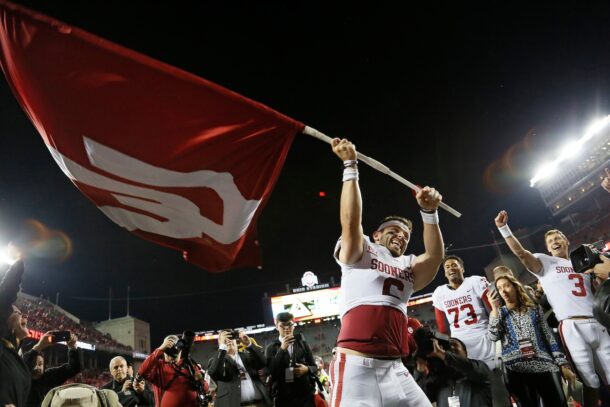
Tennessee football: 5 biggest areas of concern … and possible solutions
By Mark Nagi
Published:
The Vols performed well above most expectations in 2021, winning 7 games and nearly picking up at least 2 other contests. For a team coming off a 3-7 campaign, this was some light in an era of darkness.
That said, Tennessee yet again lost convincingly to its 3 biggest rivals (Florida, Georgia and Alabama), with only the Crimson Tide game somewhat close into the 4th quarter. There’s a lot of work to be done if the Vols are going to take a step forward in 2022.
Here are the 5 biggest problem areas for Tennessee football, and some ways to possibly solve those issues.
1. Time of possession imbalance
In 2021, the Vols offense was on the field only for an average of approximately 24 minutes per game. Mathematics tells us that the Tennessee defense was out there for approximately 36 minutes per game.
That put Tennessee 130th in the nation, dead last, with defenders that were often gassed by the time the 4th quarter arrived.
Josh Heupel’s offense is based on pace. It isn’t slowing down anytime soon. So it’s the defense that is going to have to get off the field.
The answer isn’t easy to find, but more of an emphasis must be placed on 3rd-down defense success. Tennessee ranked 103rd in that category, with opponents converting 42 percent of the time. Fourth down was a problem as well, with Tennessee’s opponents converting on 51 percent of those attempts.
2. Red zone defense
Last year, Tennessee’s opponents traveled to at least the Vols 20-yard line a whopping 50 times. There were only 4 instances in which UT didn’t give up points. And 36 times, UT allowed a touchdown.
If it sounds like we are picking on Tennessee defensive coordinator Tim Banks a bit here, it’s because we are.
Tennessee’s defense has shown that it has big-play ability, averaging nearly 8 tackles for loss per game. A more aggressive attack in the red zone might be a difference maker.
3. More discipline
The Vols drew a lot of attention from the referees in 2021. They were flagged nearly 7 times per game — 89 flags in all for a total of 788 yards. Those 89 flags ranked the Vols in a tie for 100th in the nation.
It’s easy to blame the officials when things go wrong. But the Vols put themselves in bad positions time and time again in all 3 phases of the game.
During spring practice, Tennessee’s offense needs to continue to work on getting used to the pace. Too many drives were halted due to false starts or alignment errors. Defensive backs need to work on stopping opposing receivers without down-the-field contact. The Vols secondary was exposed in the Music City Bowl game loss to Purdue.
Many of those problems are correctable.
4. Find a quality backup QB
When Tennessee went to Hendon Hooker in the middle of the 2nd game of the season, the offense jumped up a few notches. It would finish the season ranked 9th in the nation in total offense, with nearly 475 yards per game, and 7th in scoring offense, with an average of 39.3 points per game.
But in those instances when Hooker couldn’t go, the Vols offense sputtered. The end of the Ole Miss game, when backup Joe Milton III ran out of bounds instead of throwing into the end zone, was a perfect example of that problem.
You know what you have with Hooker, whose name has popped up on a few Heisman odds boards. This spring, Heupel and offensive coordinator Alex Golesh need to get more out of Milton or prepare true freshman Tayven Jackson, because the odds are that one of those guys, maybe even both, will be called upon in a key situation.
5. Hooker needs more receiving options
Tennessee’s passing game was blessed to have 2 receivers who could hold the top spot in that pass catcher group. Velus Jones Jr. and Cedric Tillman had big years in 2021.
But the Vols didn’t develop another consistent receiving option last year. With Jones now gone, that’s a problem that needs to be solved.
An answer could be to get the tight ends more involved in the offense. Princeton Fant and Jacob Warren combined for 34 catches, 399 yards and 4 TDs last year.
They would serve as a good safety valve for Hooker.
Mark Nagi has covered Tennessee athletics for over 20 years. He is the author of “Decade of Dysfunction,” an in-depth look at all that led to the crazy coaching search of 2017 at Tennessee. The book is available on Amazon.







